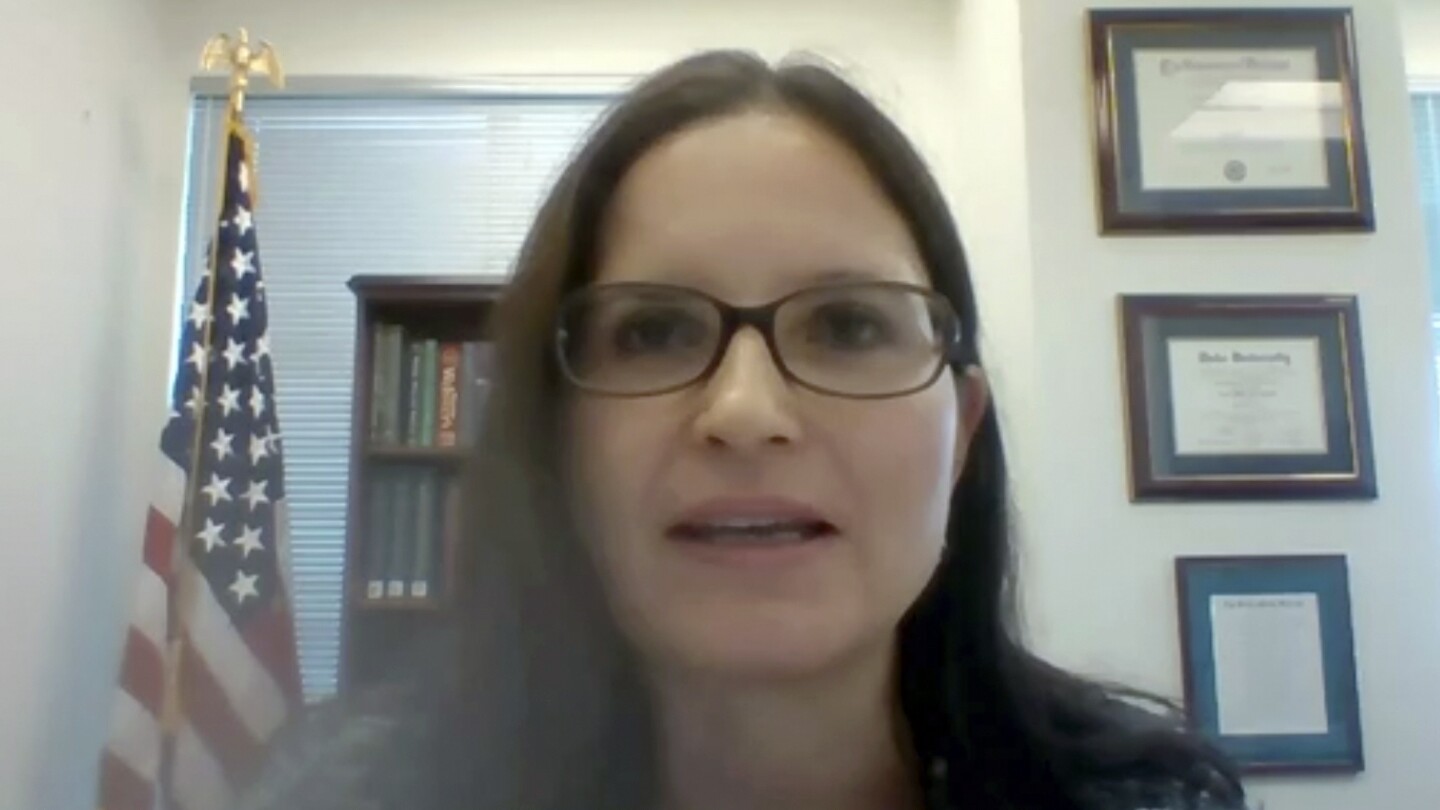A Florida judge who issued a court ruling last year that critics said was unduly favorable to Donald Trump is set to preside Tuesday over the first pretrial conference in his landmark criminal case concerning the mishandling of classified documents.
How does this woman end up with every fucking Trump-related case? What a joke. I guess recusal is only something expected of anyone left of center.
I know all of this is new and we’ve never had the need to prosecute a former president before, but you’d think at least one of the existing laws would prevent him from being in front of a judge he personally appointed as it’s a glaringly obvious conflict of interest. But here we are. I think someone needs to introduce a bill that explicitly prevents any elected official from appearing in front of a judge that they appointed.
Who could have predicted that making a recusal system 100% voluntary wouldn’t work?
It works when nobody is malicious and self serving, just like communism.
All isms work perfectly as long as everyone participates as the rules of the ism dictate.
From memory of a video saw on the topic, in the district where it was lodged there is only a list of 7 judges to pick from in florida. But it gets narrowed down to two for various reasons (security clearance?), and it turns out the other judge is busy or on holidays.
Edit: this legal Eagle video covers a bit of the selection https://youtu.be/_S8R2Nri5pU. TL;DW: “random” from list of 7 judges but cannon has one of the highest chances of getting the case.
She’s not on the Fulton county case, hasn’t been on the NY cases, won’t be on the impending J6 case, so…she doesn’t?
Corruption the US government and almost all world governments are super corrupt.
If by every case you mean just this one, okay.
No, not just this one. She also presided over the Trump civil case: https://en.wikipedia.org/wiki/Aileen_Cannon#Trump_v._United_States,_civil_case. And she received ethics complaint about how she handled it.
After being selected by the Federalist Society, and appointed by Trump.
The largest case against a former president ever. Then she was “randomly” chosen for his criminal case. Right.
This is a setup they want him to get off. How the fuck does this happen? She will flat out dimiss the case or if found guilty give him a 50k fine. She should be impeached.
This is the 2nd case. Look into the first one to find out how bad she was.
At issue during Tuesday’s arguments is a 1980 law known as the Classified Information Procedures Act. That statute governs how classified information is handled by the parties in a criminal prosecution. It’s meant to balance a defendant’s right to access evidence that prosecutors intend to use in a case against the government’s interest in safeguarding sensitive and secret information.
Jack, A Special Council Pod Cast All the episodes are great, this one is about CISA specifically.
I want to listen to this but I also don’t want to spend any time thinking about this stuff.
That’s fair. I can’t help myself. The host also does The Daily Beans News with Swearing. She does an a great job of informing. They also get spicy on Jack too. Humours and irreverent but in a good way.
Removed by mod








